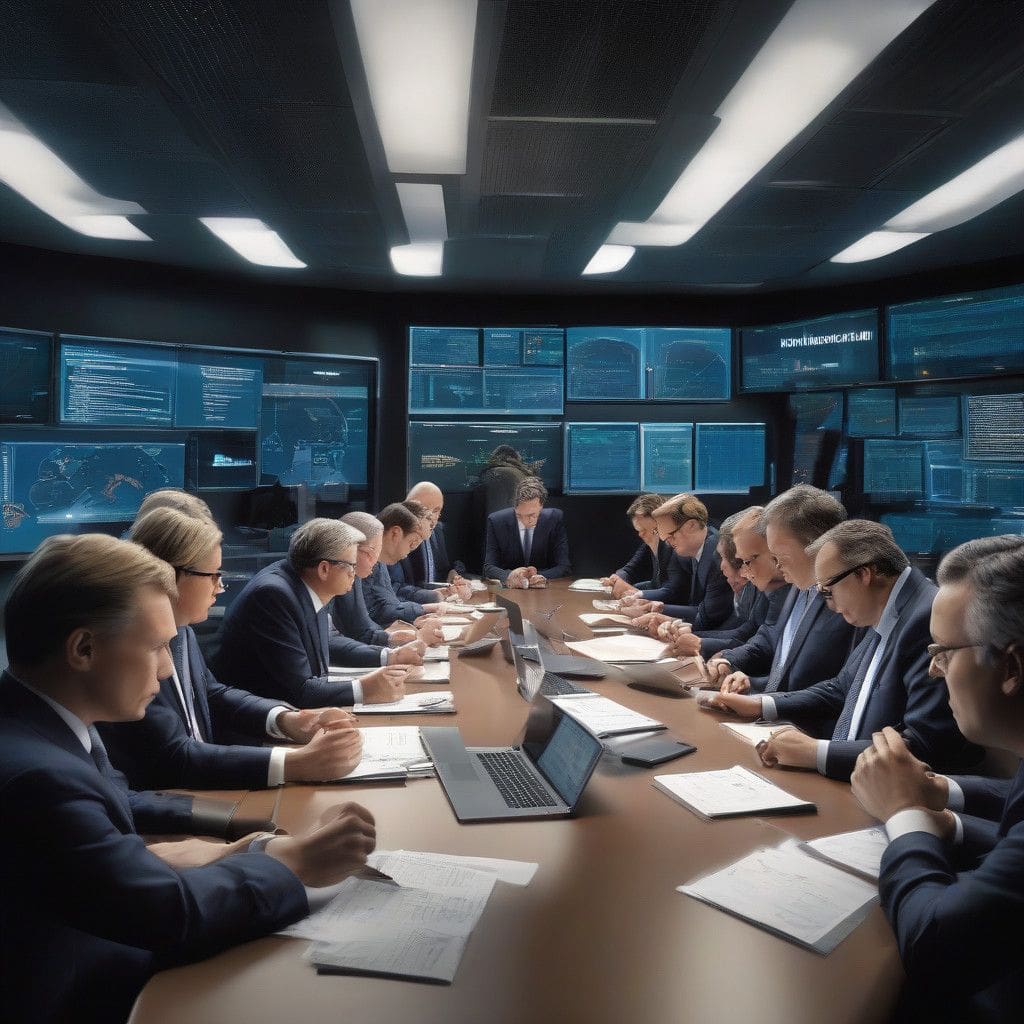The global chip industry stands at a crucial crossroads, as increasing nationalist policies threaten to disrupt established supply chains and collaboration. Recently, the CEOs of Europe’s leading semiconductor manufacturers gathered at an electronics conference in Munich to voice their apprehensions regarding a rising tide of nationalism that had the potential to destabilize the semiconductor market. The leaders of Infineon, STMicroelectronics, and NXP Semiconductors highlighted the pressing need for global collaboration to avoid significant disruptions in chip production.
Jochen Hanebeck, CEO of Infineon, expressed his concerns about the fragmentation of the global supply chain due to nationalistic considerations. With countries such as the United States, China, and various European nations pushing for self-sufficiency in semiconductor manufacturing, many in the industry fear the unintended consequences of these policies. Hanebeck emphasized that further fragmentation could emerge from rising tariffs, which would undoubtedly complicate and possibly impair global supply chains.
Economic incentives play a significant role in shaping these nationalist tendencies. Countries are motivated to bolster their own chip manufacturing capabilities amidst vulnerabilities exposed during the COVID-19 pandemic, when supply chain disruptions significantly impacted global chip availability. For instance, the automotive industry found itself grappling with shortages, leading to delays in vehicle production and increasing prices. The pressure for local governments to secure semiconductors for critical industries has intensified as a result of such vulnerabilities.
“Duplicating supply chains is expensive,” remarked Jean-Marc Chery, CEO of STMicroelectronics, outlining the challenges that come with attempting to create independent supply chains across different continents. Chery pointed out that the transition towards maintaining regional autonomy in chip production introduces unsustainable costs, especially considering the rapidly growing demand for semiconductors, particularly in electric vehicles. As various countries strive for self-reliance, the investments in materials, manufacturing infrastructure, and workforce training have become burdensome.
Moreover, Kurt Sievers, CEO of NXP Semiconductors, stated that no single nation possesses the capacity to achieve complete self-sufficiency in the semiconductor sector. He suggested that any effort to isolate national supply chains could inflate the costs of electronics, making devices less accessible to consumers. For example, if countries adopt restrictive policies that raise manufacturing costs, the resulting spike in retail prices could deter consumers from purchasing new technology, thereby stunting innovation and slowing economic growth.
As these concerns permeate the industry, the leaders at the Munich conference unanimously agreed that the solution lies in global cooperation rather than isolation. They acknowledged the pressing need for governments to reassess their strategies regarding semiconductor production and find a balance that fosters international collaboration while addressing national security concerns. By sharing resources and knowledge, countries can collectively strengthen their positions in the semiconductor market and maintain competitive advantages on a global scale.
Collaboration has the potential to bring about greater efficiencies and innovative breakthroughs in chip technology, which ultimately benefit consumers and industries worldwide. The development of new technologies, such as advanced chips for artificial intelligence applications, relies heavily on cross-border partnerships. The pooling of expertise across nations could yield significant advancements that individual countries may struggle to achieve independently.
To illustrate, the historical partnership between the United States and Taiwan in semiconductor manufacturing has been a key driver of technological innovation. Such alliances not only enhance production capabilities but also create a safety net against potential supply chain disruptions caused by geopolitical tensions. Therefore, nurturing and expanding international collaborations could mitigate risks while ensuring a steady supply of chips needed for emerging technologies.
As discussions around nationalism in the chipmaking industry continue, it is essential for policymakers and industry leaders to engage in dialogue that promotes shared objectives. Instead of retreating into isolationism, the emphasis should be on strategic cooperation that sustains the semiconductor sector’s growth and resilience. Moving beyond individual interests and recognizing the interconnected nature of the global economy can pave the way for a more stable and prosperous future.
The time has come for industry leaders and governments to recognize that the future of semiconductor manufacturing lies in collaboration rather than competition. It is imperative to foster a global ecosystem where resources, knowledge, and technology flow freely to ensure sustainable growth in the chipmaking industry.












